The phrase “black music” always reminds me of a seemingly endless car journey to see Arsenal play Middlesbrough at Old Trafford. The chubby, red-faced man in the passenger seat kept on complaining about the driver playing “black music”, by which he meant anything from Prince to De La Soul, which was sadly keeping in character with an earlier observation he’d made of the area in London where my Dad and I lived: “it’s full of “them” round here innit”. By the time we got to the stadium I was so drained that being almost beaten up by a Boro fan for spilling his pint came as a much-needed pick-me-up.
It’s doubtful even listeners as bigoted as him would find much objectionable about the “Black Music” offered by Dark Horses , though no doubt he’d be grateful that the title was a reference to the album’s tone rather than skin colour. It fits in with the band’s fashion sense too: biker jackets and leathers make up most of the Dark Horses uniform, an attempt to create a shadowy, sinister, outcast atmosphere that sits smouldering underneath the pier of their stomping ground, Brighton.
It’d all come off a bit, well, Halloween-y if the music didn’t back it up. Fortunately, it really does. Right from the opening track “Rose”, which features little more than an organ drone, a Sleepy Sun-style fuzzy bassline and Swedish singer Lisa Elle’s vocal exhortations. A lash of sitar gives everything a slightly Death In Vegas vibe (Richard Fearless, it turns out, produced the record), before a tinny drum machine rhythm suddenly kicks in right at the end. You expect it to segue smoothly into the next song…but no. It’s one of many small surprises that crop up over the next thirteen tracks.
The second track is “Radio” which, fittingly, is actually rather radio-friendly, sounding like Mazzy Star but with a chorus catchier than most of Hope Sandoval’s. Not quite as catchy as the one that straddles “Alone” though. Rapid-fire hi-hat rhythms and languid synths build up to it, and a striking organ chord pattern then helps it blow the song sky-high. “Boxing Day” ebbs and flows in a similarly satisfying way, with Elle’s vocals at their best on a synth-propelled chorus that for some reason brings to mind Donna Summer’s “I Feel Love” despite not sounding anything like it.
The rest of the album doesn’t quite live up to an astonishingly strong opening quartet of tracks, but it still maintains a high standard. The delay-spattered guitars and vocals on “No Dice” sound like they’re ringing out from the top of a Black Mountain, while “Traps” envisions a Stereolab practice session after a round of day-old opium tea. The somewhat more folksy “Sanningen On Mig” takes things deep into the woods and features a dash of musical saw, while “S.U.N.” simply sounds baked in all the best senses of the word. A quirky cover of Talking Heads’ “Road To Nowhere” stops things from getting too bogged down, but while “Anna Minor” attempts to give things another jolt by cranking up the amps, in all honesty it’s not as interesting.
Instrumental closing track “The Archer” is a bit of a non-event and means the album kind of finishes without you realising it. Still, that doesn’t matter much as chances are you’ll be sticking it straight back on again anyway. Is “Black Music” good enough to make them dark horses for next year’s Mercury Prize? Considering the strength of this year’s field, it’s almost enough to make them racing certainties…
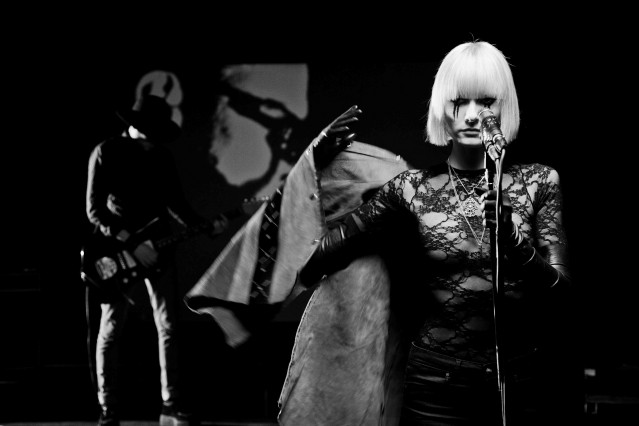
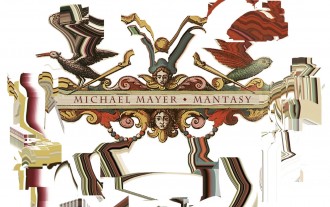

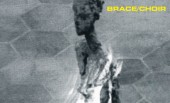
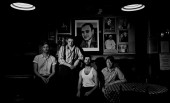
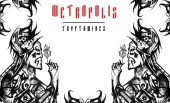
Follow us
Follow us on Facebook Follow us on Twitter Follow us on Google+ Subscribe our newsletter Add us to your feeds